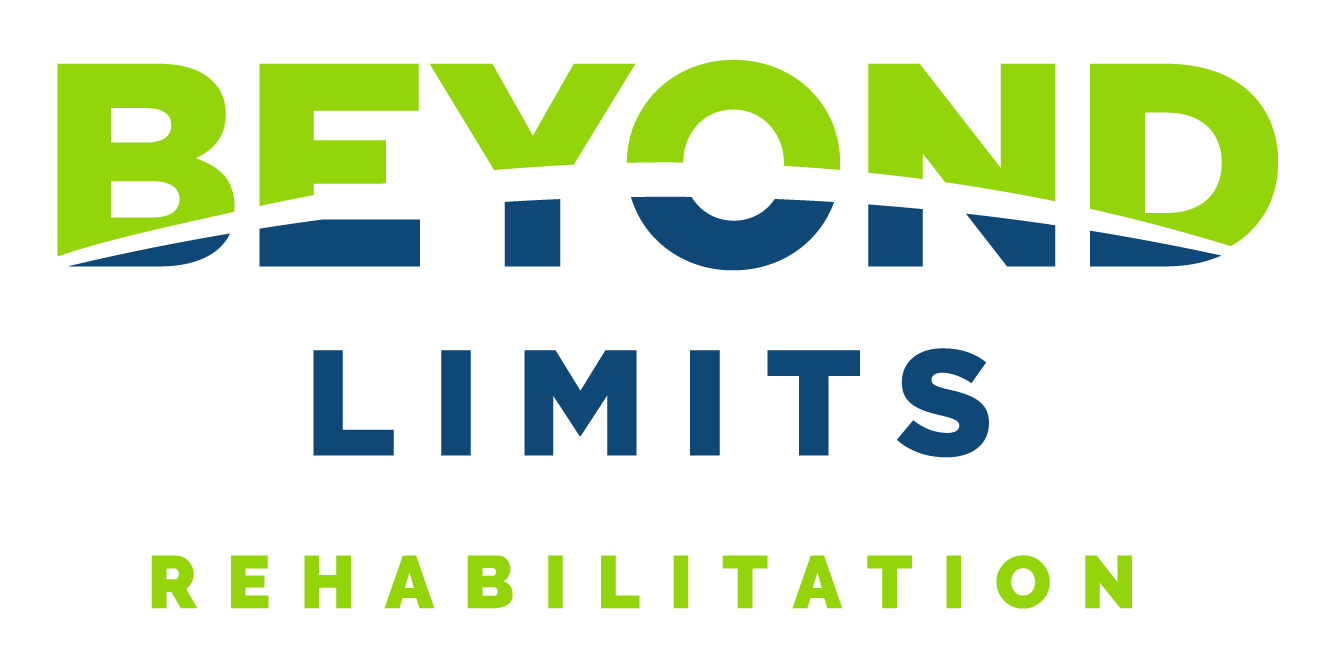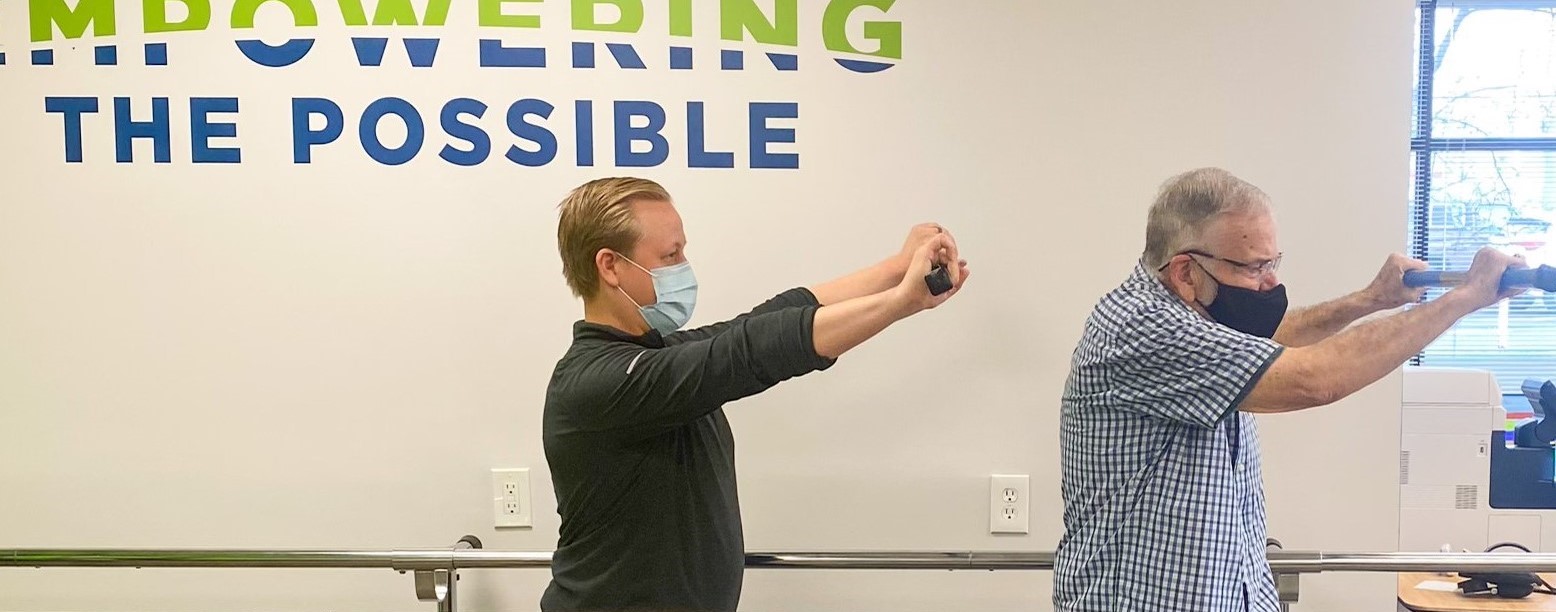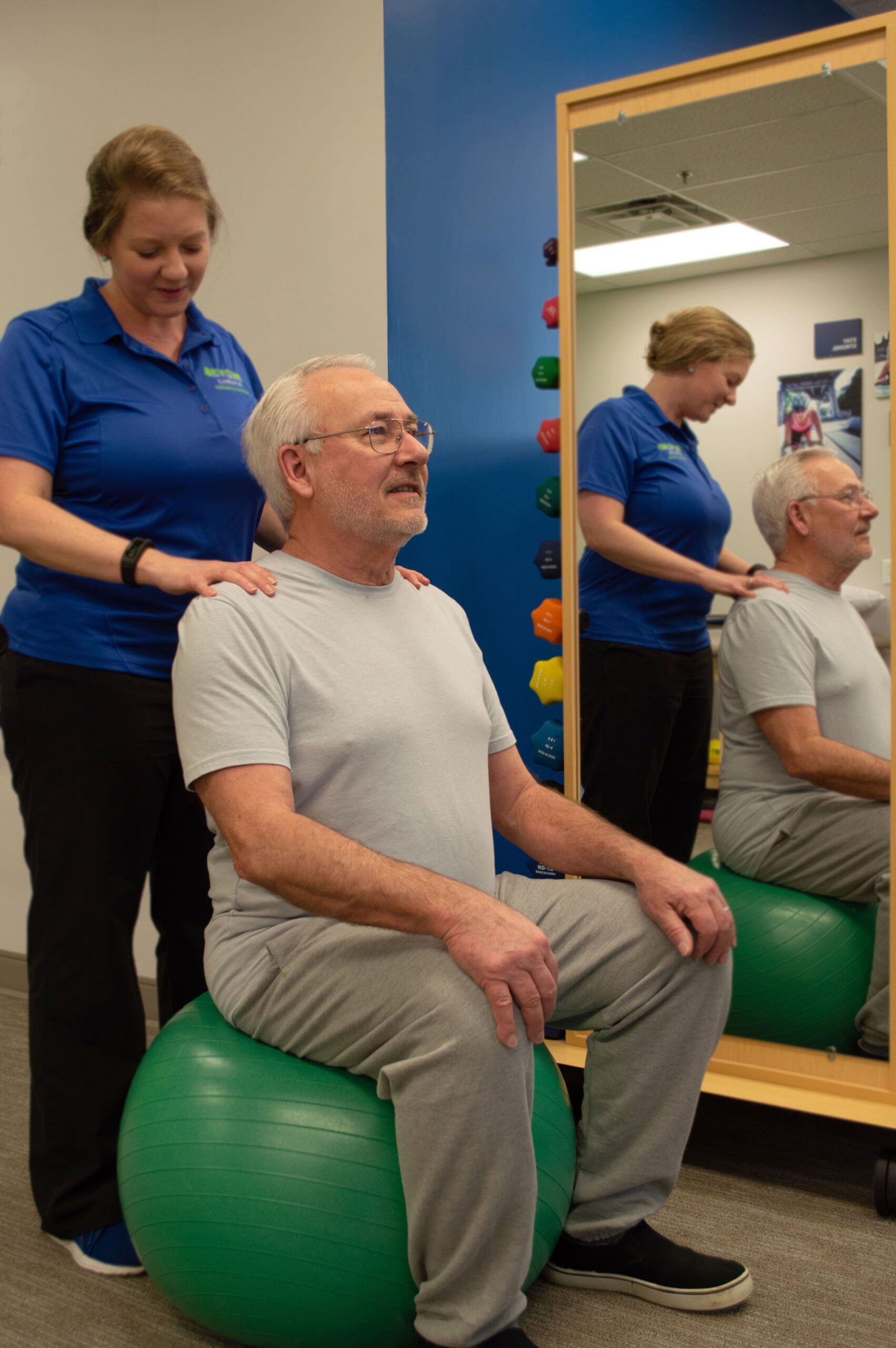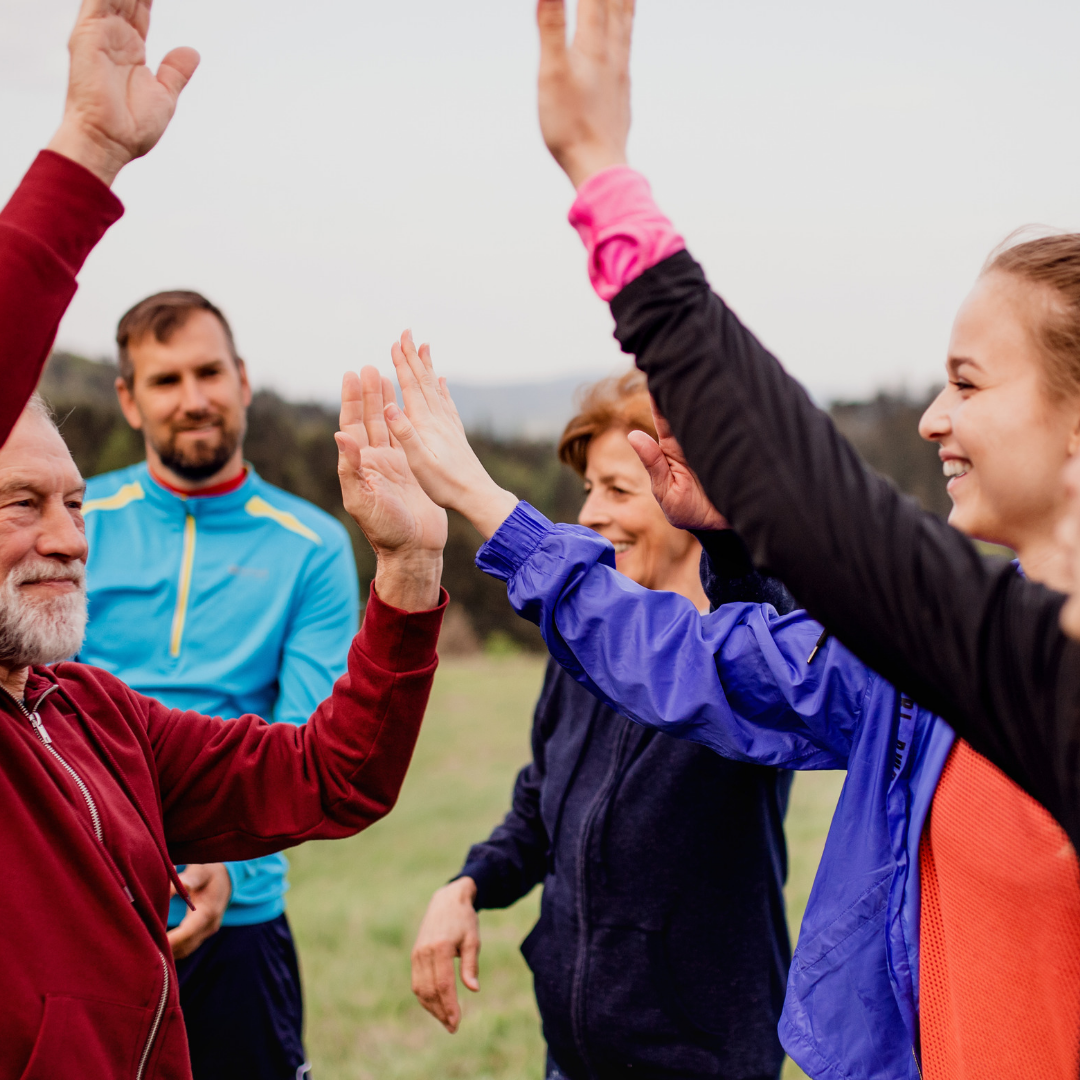by Jessica Moyer, MA, CCC-SLP
Let’s Improve Compliance with Home Exercise Programs!
As we know, successful rehabilitation often includes work at home. The question is, how to increase patient motivation to complete their home exercise program (HEP) for rehabilitation therapy?
First, it helps to know why a patient might not complete their HEP. Below are three common reasons:
- Lack of understanding or buy-in to the therapy program
- Lack of motivation/social support
- Cognitive deficits
These factors can be offset by including the following in your wellness plan:
- Accountability – Tracking progress can be motivating! Helping patients keep track of their exercise activities can push them to reach their goals and gain confidence in the program.
- Education – Help the patient understand exactly how and why the program will benefit them – they will be more likely to have interest if they know the reasons behind what they are doing. Make sure the goals set are realistic as success is motivating!
- Personalization – Customize the HEP to each patient’s specific goals and help them to develop a daily routine. There is no one-size-fits all rehab.
- Offer planning tools – Discuss the value of using planners and timers in assisting with completing HEPs. Being able to schedule their meetings, exercises, etc. allows patients to take control over their own wellness, manage their time, and track their success.
- Reward – Remind patients to reward themselves after completing their HEP. After the timer goes off, do something fun or take a little break! Checking a task off a daily list creates a sense of accomplishment.
- Be flexible – Each individual patient will have unique needs. While it is important to have a plan, it is also necessary to be ready to make any needed adjustments as things arise. Communicating this with patients can also help them understand any changes in plan and maintain a feeling of success. It is also important to be available to patients for any questions and to offer support as they progress towards their recovery goals.




